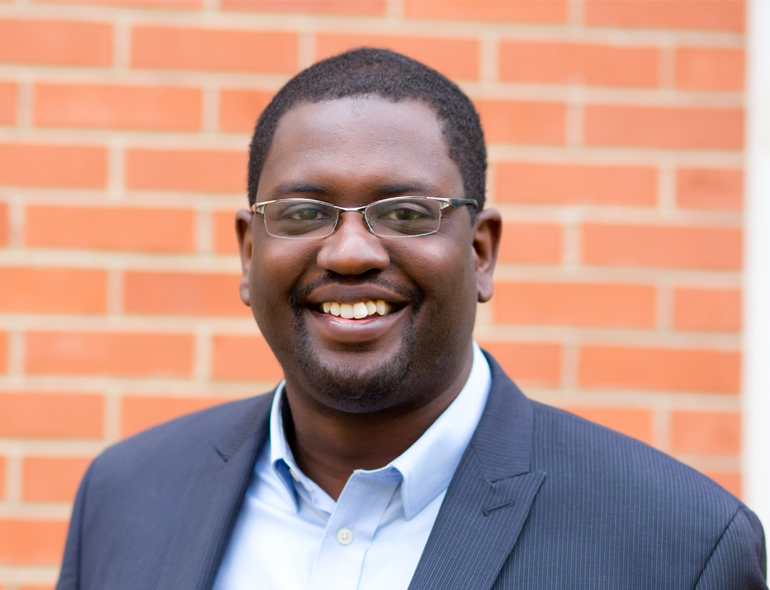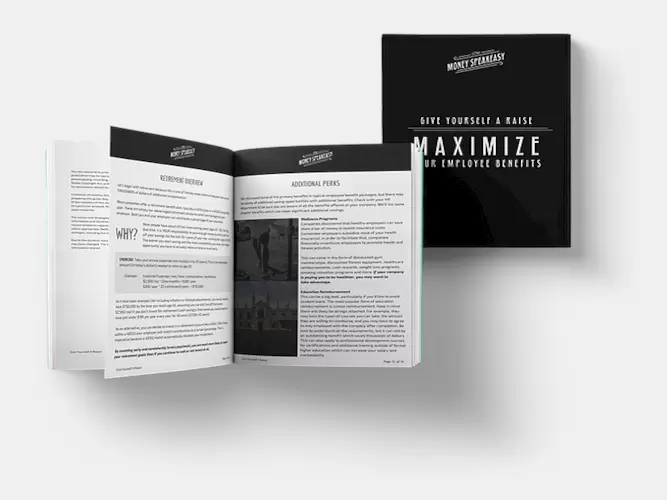


Wilson has worked in the financial services industry for the last 15 years. During that time he noticed something that he couldn’t ignore any more. He noticed that financial services is really good at helping wealthy people get wealthier but doesn’t focus on the 80% of the population that really needs help.
While working for one of the largest global financial service companies he noticed that most people who called about their 401k plan wanted to withdraw money from their plan, not to put money in. Why? Because most people did not plan their finances properly.
As an introvert, there is one topic that gets Wilson to jump out of his shell, the topic of personal finance. How do we look at, how do we manage it, what isn’t being said about it that should be.
Wilson has an MBA from Duke University Fuqua School of Business and is a financial coach and Accredited Financial Counselor® by the Association for Financial Counseling and Planning Education®. But what he is most known for is taking the complexity and frustration out of money management and making it simple enough that anyone can understand it and modify their behavior to keep it!


Find out how employees are leaving thousands of dollars wasted by not maximizing their employee benefits. Our free 15-page guide provides instructions and valuable insights on how to earn more of what you deserve on the J-O-B.
Success! Now check your email to confirm your subscription.
 WE FOCUS ON FINANCIAL FOUNDATIONS
WE FOCUS ON FINANCIAL FOUNDATIONSMillennials are facing more economic pressures and responsibilities than previous generations, with the rising costs of education, housing, and healthcare while wages stagnate.
At more than 83 million, millennials are now the largest generation in the U.S. workforce. Millennials are the most highly educated generation, but recent studies have shown that millennials consistently score the lowest levels on financial literacy.
Now, more than ever, it’s critical for millennials to take ownership of their financial futures! Our conversation will reveal more than just “how-to’s” and numbers, but also the proper context and the “why” in order to empower millennials to make informed financial decisions. With such a personal topic, it’s important for the conversation to be individualized, dynamic, relevant and fun. We will demonstrate how technology can help us manage our finances and mix lecture with interactive exercises and Q&A.
As a millennial, an MBA, a Financial Coach, an Accredited Financial Counselor® and having worked in the financial services industry for nearly 20 years, Wilson is passionate about closing the financial literacy gap with millennials.
In this fun, entertaining and a-ha producing presentation you will walk away discovering:
Necessary cookies are absolutely essential for the website to function properly. This category only includes cookies that ensures basic functionalities and security features of the website. These cookies do not store any personal information.
Any cookies that may not be particularly necessary for the website to function and is used specifically to collect user personal data via analytics, ads, other embedded contents are termed as non-necessary cookies. It is mandatory to procure user consent prior to running these cookies on your website.